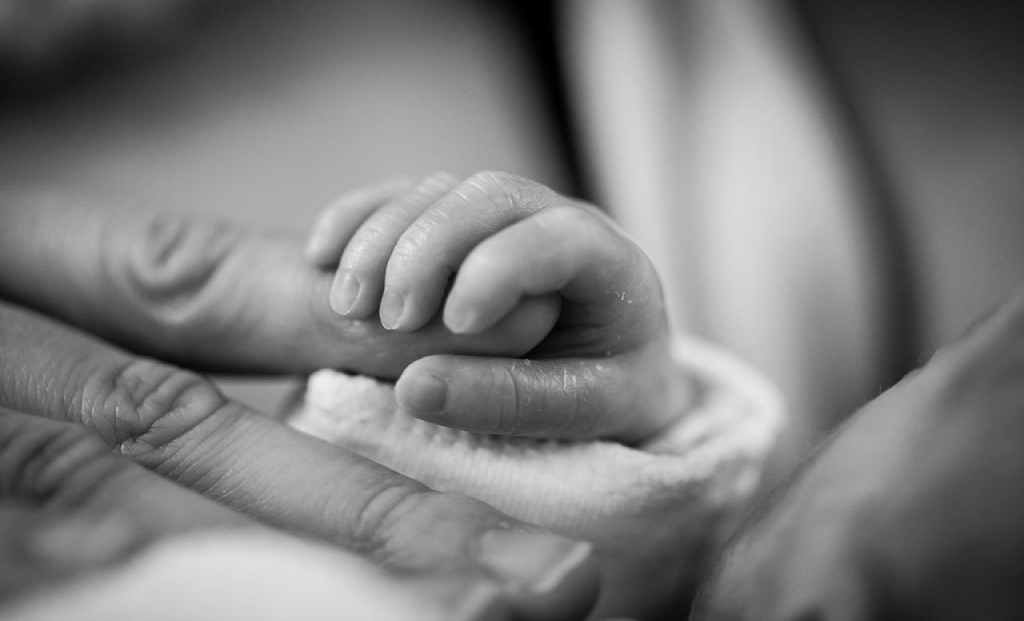New Delhi, 25 July 2025: On World IVF Day 2025, experts are highlighting an often overlooked yet critical factor in fertility—emotional stress. While hormonal issues, age, and reproductive health conditions are commonly discussed. Growing research confirms that psychological stress can directly reduce fertility in both men and women. What’s more alarming is that many couples don’t even realize how their emotional state may be sabotaging their chances of conception.
How Stress Disrupts Hormones and Ovulation Emotional stress affects the hypothalamus, a region of the brain that regulates key fertility hormones. When you’re under chronic stress, it can interfere with the release of gonadotropin-releasing hormone (GnRH). Which disrupts ovulation in women and lowers sperm count and quality in men. Elevated cortisol levels also affect the menstrual cycle, delay egg maturation, and impact the uterine lining, making implantation more difficult.
IVF Outcomes Can Be Affected by Mental Health IVF (In vitro fertilisation) often seen as a last hope for couples trying to conceive. But studies suggest that high stress levels can lower the success rate of IVF treatments. The anxiety of failed attempts, financial burden, and social pressure can further intensify mental distress. Creating a vicious cycle that harms reproductive outcomes. Managing mental health during IVF isn’t just helpful—it’s essential.
Unseen Signs That Stress Is Impacting Fertility Trouble sleeping, irritability, mood swings, digestive issues, fatigue, and low libido may seem unrelated to fertility. But they’re strong indicators that your stress response is overactive. Women may also notice irregular periods or missed cycles. In men, reduced sex drive, low testosterone, and poor sperm motility are tell-tale signs that stress could be playing a hidden role.
Coping Mechanisms That Actually Help Mind-body techniques like yoga, mindfulness meditation, acupuncture, and deep breathing exercises have shown to improve fertility outcomes by calming the nervous system and restoring hormonal balance. Cognitive-behavioral therapy (CBT) and emotional support through counselling also improve IVF success rates. In some cases, simply taking a short break from fertility treatments to focus on mental well-being can significantly improve results in the next cycle.
Nutrition and Sleep: The Overlooked Fertility Tools A healthy diet rich in antioxidants, omega-3s, iron, zinc, and B vitamins supports hormonal regulation and egg/sperm quality. Poor sleep patterns triggered by stress can worsen hormonal imbalances and lower fertility chances. Prioritising quality sleep (7-8 hours), avoiding blue light at night, and eating whole. Nutrient-dense foods can create a strong foundation for conception.
Partners Matter Too: Shared Stress Impacts Shared Goals Infertility can put a strain on relationships, and emotional stress can affect both partners equally. Couples should focus on mutual support, open communication, and seeking therapy if needed. IVF is a joint journey, and both mental and emotional resilience are key to success. Encouraging each other to de-stress can enhance intimacy, hope, and ultimately, fertility.
This World IVF Day, the message is clear—stress is not just in your head; it’s in your hormones, your cycles, and your chances of conception. Emotional well-being is just as important as medical treatment when it comes to fertility. Whether you’re undergoing IVF or trying to conceive naturally, managing stress could be the breakthrough you’ve been missing.






